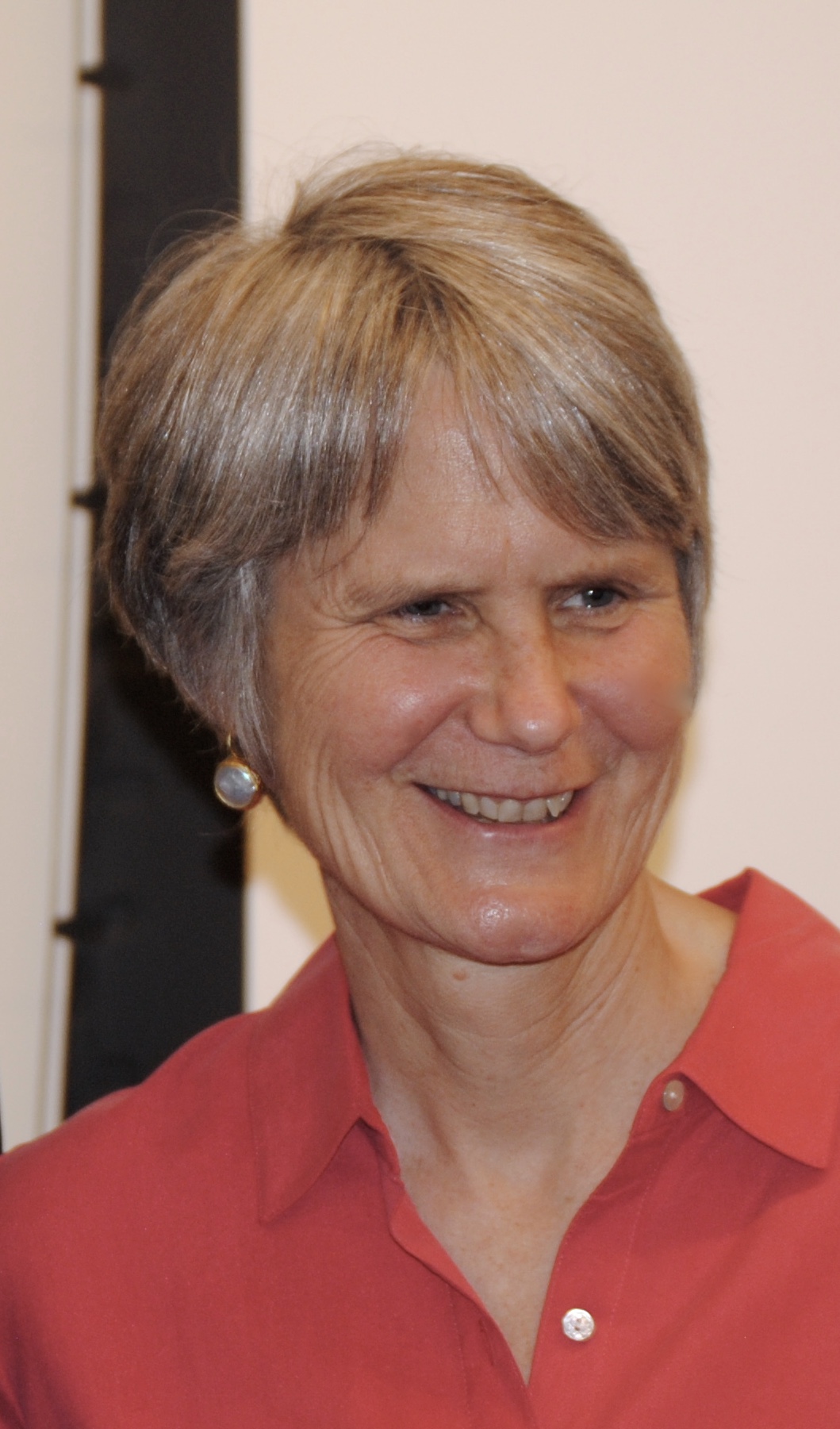
Historian of science and ecofeminist Donna Haraway’s focus in her latest book, Staying With the Trouble: Making Kin in the Chthulucene, is to understand and represent dynamic interdependence in the radical present. She challenges readers to abandon (1) the fiction of autonomous entities, and (2) the distracting obsession with imagined futures. In their stead, she urges all to embrace the reality of profound interdependence with human and other “earth critters” (what cellular biologist and radical evolutionary theorist Lynn Margulis called “the intimacy of strangers”) and to stay with, rather than attempt to ameliorate, the “trouble” in the ever-changing present.
Echoes of Haraway permeated my consciousness as I read Cecelia Lynch’s evocative volume Wrestling with God. Lynch’s development of what she calls “ethical precarity” aligns beautifully with Haraway’s notion of “staying with the trouble,” and both provide a refreshing and generative challenge to expressions of moral absolutism that are prominent in normative western “religious” and “secular” discourses. In fact, as Lynch ably argues, the persistent representation of each of these epistemic arenas (secular and religious) as bounded and discrete forms the foundation for moral absolutisms to flourish in explicit and implicit ways. Both are commonly evoked as totalizing worldviews (often defended as such over and against the other) that are commonly defined by moral and epistemic absolute truths. Lynch elegantly challenges this secular-religious binary and joins other scholars in asserting the symbiotic relationship of the religious to the secular while eschewing interpretations that conflate them. Her robust genealogy of Christian ethical thought at selected critical moments in history provides a strong illustration of the twin fallacies of the religious-secular binary and the ethical credibility of both religiously and secularly inspired universal moral truths. Through her meticulously argued narrative, Lynch lays bare what turns out to be the de facto reality of ethical precarity, namely that all moral agents always function in a radical and complex “present” that is situated in time and place and constructed by a dynamic confluence of forces. By the end of her eloquent exposition, one can’t help but wonder how any of us could have ever thought otherwise. Ethical precarity is a “precondition for a radically egalitarian (and thus ethical) international politics that can diminish the salience of justifications for inequality and violence” in service of the “common good” (19).
While Lynch dismantles the religion-secular binary and challenges the credibility of moral absolutism, Haraway’s focus is to decenter humans and to radically expand who and what is included when the “common good” is invoked and promoted. Haraway asserts that it is essential for us to be intentional about “making kin” that includes “godkin” with other humans and “oddkin” comprised of “multispecies connections” as a way to acknowledge our true state of radical interdependence. “Neither One nor Other, that is who we all are and always have been” (Haraway, 98). Like Lynch, Haraway exposes fundamental truths of our existence. The fiction of autonomous selves is as unmoored from reality as is the fiction of bounded abstract concepts and their attendant universalisms, including moral absolutes.
Our ethical precarity as humans is especially pronounced when we decenter ourselves and acknowledge our place in the ecologies of existence itself. The complexities of our interdependencies are legion and dynamic and impossible to fully comprehend. This decentering can be terrifying, but in Haraway’s hands we are invited into its generative wonder. Staying with the trouble in the radical present requires creating “stories [and theories and worldings] that are just big enough to gather up the complexities and keep the edges open and greedy for surprising new and old connections” (Haraway, 101). She offers epistemic tools for the construction of stories, theories, and worldings that she calls “SF” that are comprised of science fiction, speculative fabulation, string figures, speculative feminism, and science fact, “so far” (Haraway, 2).
Together, Haraway and Lynch invite us into the generative power of confronting and embracing the interdependent dynamism of our existence as biological and social beings. By exposing how claims of biological and social autonomy as well as bounded epistemic abstractions are fallacious, both authors thrust readers into confrontation with our physical and moral precarity without reverting to another binary of relativistic limbo. Instead, they assert that the complexity of our existence can itself inspire the radical moral and ethical imagination required to tackle our most urgent contemporary challenges.
As the climate crisis looms and the consequences of multiple forms of inequity are exposed and exacerbated by the global pandemic, we are in what Arundhati Roy calls a “portal” moment where we have the opportunity to confront the reality of our interdependence and stay with the trouble of the always radical present. Acknowledging ethical precarity in the service of multispecies flourishing seems the only responsible option. And doing so with humility, curiosity, and imagination will guide us well.


Dear Professor Moore,
My name is Silvia Sierra from Spain. I have followed you EDx course, which has been of extreme interest for me.
Currently I am in my second year of PhD study in philosophy with the theme: “Religions? impact and imaginary in post modernity.” I sincerely would appreciate it if you could suggest me some authors that develop inter religions’ dialogue or State religions good or evil.I thank you very much for the new visions you have shown me in the great possibilities of religions’ dialogue and compassion.